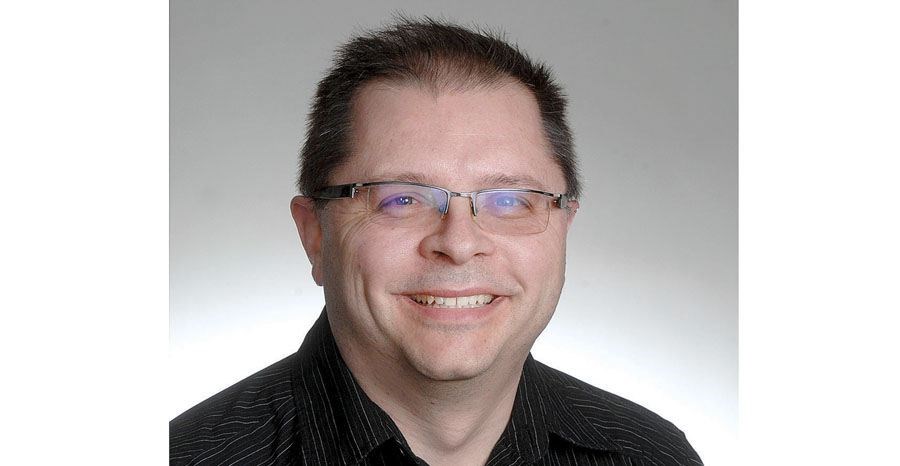Imagine being handed millions of dollars of government money to provide 10 months of a specific service to a specific clientele, only to discover the government doesn't really care how the funds are spent and doesn't mind if the cash is run through the general operating account.
This is how the provincial funding for school-aged children with special needs in the local school district is handled.
School District 57 received $13 million for the 745 children in the 2015/16 school year. As Christine Hinzmann's investigation in Friday's Citizen uncovered, not only are those funds not targeted specifically for the students they are meant for, the Ministry of Education hasn't bothered to check with the school district for at least 10 years to see if the funds are being spent in a way that best benefits the kids.
Sharon Cairns, the interim school superintendent, rightfully explained how much work by numerous professionals goes into creating an individual education plan for each of these students.
She added, however, that the needs of one child may cost less to meet than the needs of another child assessed at the same level. Since the money all comes from the same pot, there's no harm in diverting those additional funds to help the child with greater needs.
On the surface, that sounds smart and everyone benefits.
At the student level, however, those good intentions meet a harsh reality of bureaucracy and advocacy.
For starters, the squeaky wheel definitely gets the grease.
"If a parent is not getting satisfaction at the school level, they can talk to an assistant superintendent," Caiars said. "So you start at the classroom level, if that doesn't work, you go to the vice principal, if that doesn't work you go to the principal, if that doesn't work you just keep going up the line."
In other words, the parental advocates who won't take no for an answer have a much greater chance of having resources devoted to their child's school than those too tired dealing with the challenges of raising a special needs kids to get in the face of teachers and principals.
Meanwhile, the rest of the parents with special-needs kids may be simply unaware of the additional efforts (and the funds to pay for them) that schools can devote to help their children.
Parental involvement or lack of it then collides with the education bureaucracy, where children with special needs are the shared responsibility between multiple stakeholders. That sounds wonderful, except that in practice it means no one is held accountable for outcomes.
For example, without a formal audit for at least a decade, there seems little ministry oversight to prevent cash-strapped school districts from bumping up borderline kids to higher levels in order to receive more money. There's no evidence to show that is happening but the ministry isn't even bothering to check, nor do they really want to.
A ministry audit would obligate the government to address problems uncovered by their investigation, such as inadequate funding and support for children with special needs.
What would ministry oversight have made of a kid like Isaac, who was receiving just 20 minutes of learning four days per week, at his local elementary school this year.
That education plan and his mother being forced to move to Nanaimo to get Isaac into a learning centre in a school district that will be able to give him a better education is appalling and unacceptable.
Local MLAs MIke Morris and Shirley Bond, the former school board chair and former minister of education, need to be demanding the education ministry and school districts do a better job of helping kids like Isaac, as well as his mother, who shouldn't have to move around the province to get the schooling he needs.



